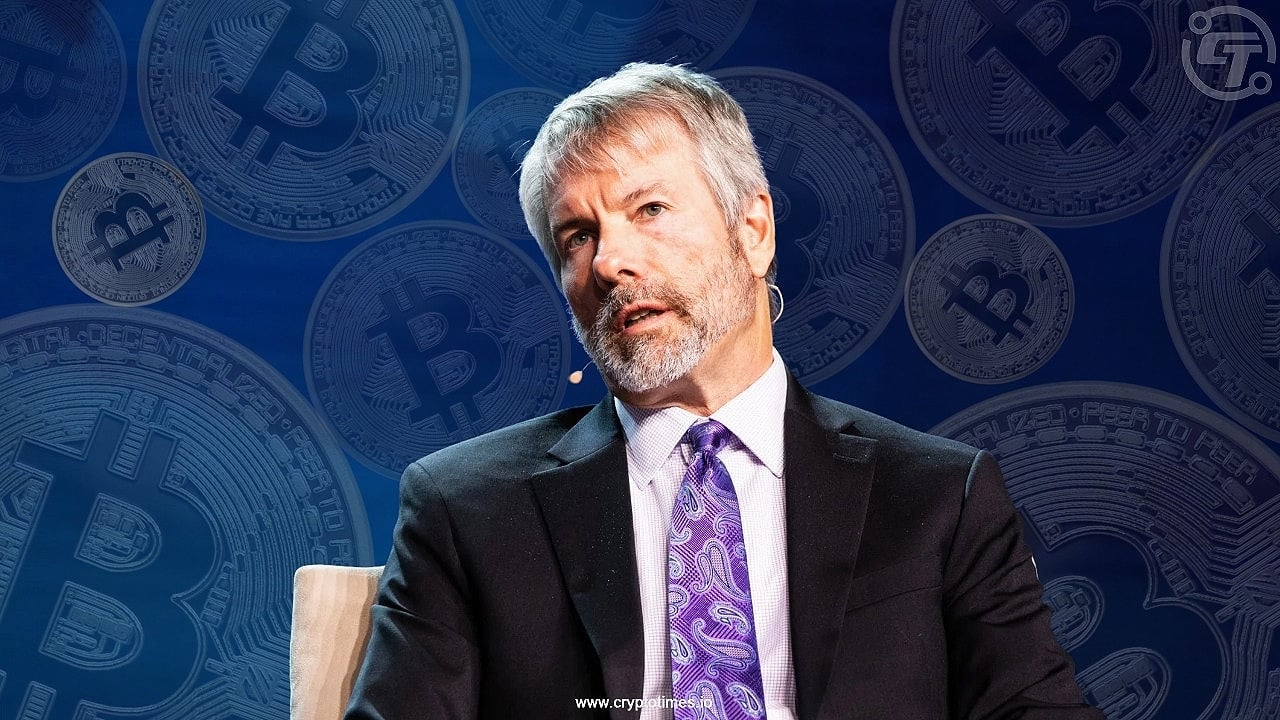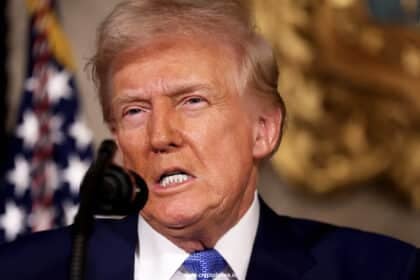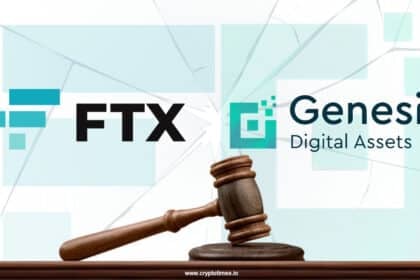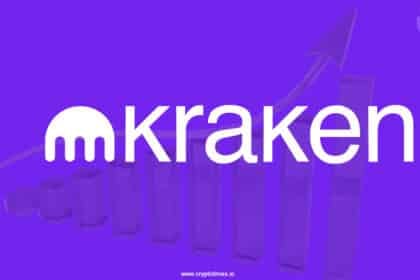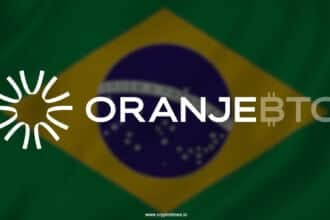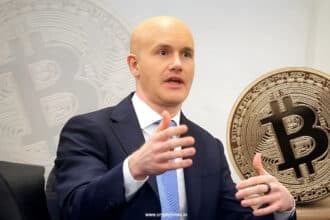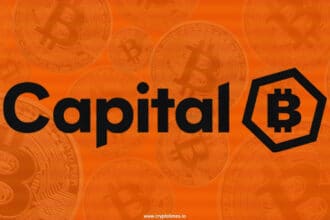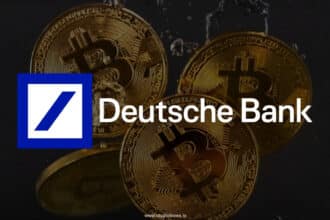Michael Saylor, CEO of Strategy, described Bitcoin as the “next frontier” for national reserves and corporate balance sheets. He argued that, unlike cash or share buybacks, Bitcoin strengthens companies’ finances in a unique way.
In a recent CNBC interview, Saylor has predicted that Bitcoin could grow to 10 times the size of gold due to increasing adoption by corporate treasuries and investors worldwide.
“Bitcoin is money, everything else is credit,” he said, highlighting its potential as a digital asset superior to gold.
Bitcoin vs. Gold
While gold continues to hit record highs, Saylor emphasized Bitcoin’s advantages as a borderless, programmable, and tariff-free asset. “You can’t teleport gold,” he remarked, pointing to Bitcoin’s flexibility compared to physical metals.
He also noted that capital is moving out of gold to Bitcoin, and some of the reasons are the customs levies and logistical risks of precious metals. Other experts, including Robert Kiyosaki, have advised on X to hold both Bitcoin and gold as a hedge against financial instability.
Corporate treasuries drive bitcoin adoption
Corporate interest in Bitcoin continues to rise. Strategy recently acquired 850 BTC for $99.7 million, raising its total holdings to nearly 640,000 coins. Metaplanet of Japan also added $632 million to its reserves and OranjeBTC of Brazil purchased 3,650 bitcoins at a value of $385 million, becoming the biggest corporate holder in Latin America.
According to Bitcointreasuries data, Over 190 publicly traded companies now hold Bitcoin, with institutional holdings surpassing 1.5 million BTC. ETFs from major players like BlackRock are also steadily accumulating coins, putting upward pressure on supply.
At the time of writing, Bitcoin was trading at $1,12,677 and its 24-hour trading volume is 49,60,02,39,11. According to CoinMarketCap, the coin has fallen by 0.03% in the past 24 hours and its live market cap is $2.24 trillion.
Bitcoin is a volatile asset even though it is increasingly being adopted by corporate treasuries and investors. Analysts indicate that it should be seen as an addition to the conventional stores of value such as gold, and not a total substitute. The use of digital assets in world finance is bound to increase as they develop.




